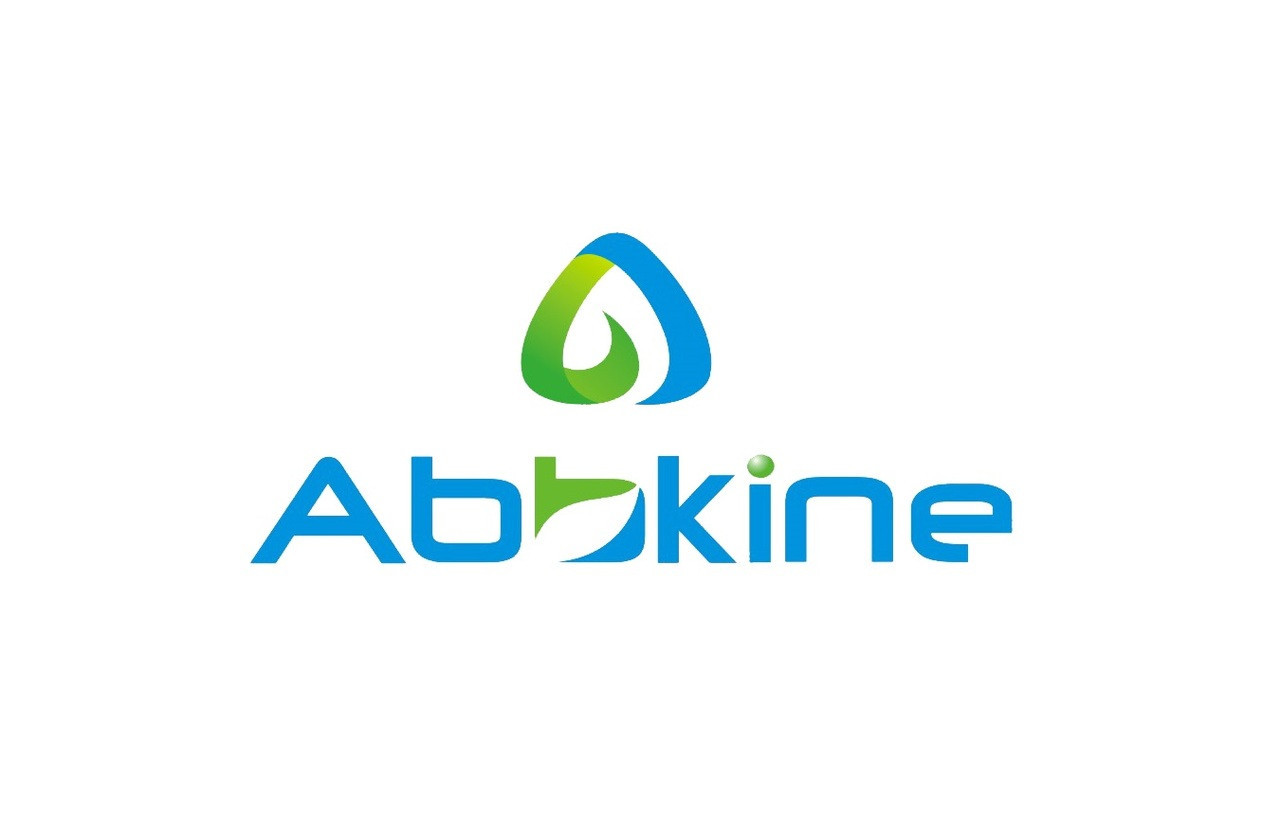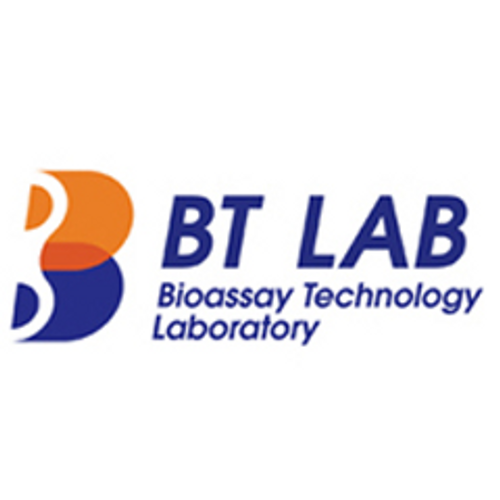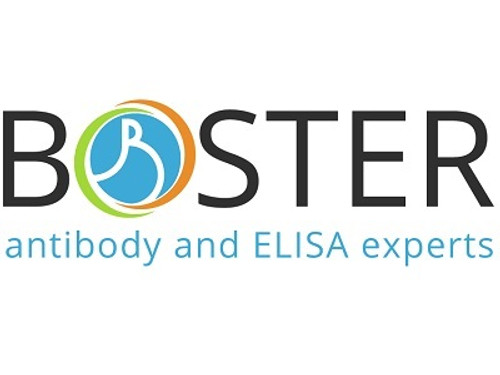Product Description
Human Pentraxin 3 (PTX3) ELISA Kit | KTE61036 | Abbkine
Application: This Human Pentraxin 3 (PTX3) ELISA Kit employs a two-site sandwich ELISA to quantitate PTX3 in samples. An antibody specific for PTX3 has been pre-coated onto a microplate. Standards and samples are pipetted into the wells and anyPTX3 present is bound by the immobilized antibody. After removing any unbound substances, a biotin-conjugated antibody specific for PTX3 is added to the wells. After washing, Streptavidin conjugated Horseradish Peroxidase (HRP) is added to the wells. Following a wash to remove any unbound avidin-enzyme reagent, a substrate solution is added to the wells and color develops in proportion to the amount of PTX3 bound in the initial step. The color development is stopped and the intensity of the color is measured.
Detection Method: Colorimetric
Conjugate: N/A
Sample Type: Cell culture supernatants#Serum#Plasma#Other biological fluids
Assay Type: Multiple steps standard sandwich ELISA assay with a working time of 3-5 hours. It depends on the experience of the operation person.
Kit Component: • Human Pentraxin 3 microplate
• Human Pentraxin 3 standard
• Human Pentraxin 3 detect antibody
• Streptavidin-HRP
• Standard diluent
• Assay buffer
• HRP substrate
• Stop solution
• Wash buffer
• Plate covers
Features & Benefits: Human Pentraxin 3 (PTX3) ELISA Kit has high sensitivity and excellent specificity for detection of Human PTX3. No significant cross-reactivity or interference between Human PTX3 and analogues was observed.
Calibration Range: Please inquire
Limit Of Detection: Please inquire
Usage Note: • Do not mix components from different kit lots or use reagents beyond the kit expiration date.
• Allow all reagents to warm to room temperature for at least 30 minutes before opening.
• Pre-rinse the pipet tip with reagent, use fresh pipet tips for each sample, standard and reagent to avoid contamination.
• Unused wells must be kept desiccated at 4 °C in the sealed bag provided.
• Mix Thoroughly is very important for the result. It is recommended using low frequency oscillator or slight hand shaking every 10 minutes.
• It is recommended that all samples and standards be assayed in duplicate or triplicate.
Storage Instruction: The unopened kit should be stored at 2 - 8°C. After opening, please store refer to protocols.
Shipping: Gel pack with blue ice.
Precaution The product listed herein is for research use only and is not intended for use in human or clinical diagnosis. Suggested applications of our products are not recommendations to use our products in violation of any patent or as a license. We cannot be responsible for patent infringements or other violations that may occur with the use of this product.
Background: Pentraxin-related protein PTX3 also known as TNF-inducible gene 14 protein (TSG-14) is a protein that in humans is encoded by the PTX3 gene.Pentraxin 3 (ptx3) is a member of the pentraxin superfamily. This super family characterized by cyclic multimeric structure. PTX3 is rapidly produced and released by several cell types, in particular by mononuclear phagocytes, dendritic cells (DCs), fibroblasts and endothelial cells in response to primary inflammatory signals [e.g., toll-like receptor (TLR) engagement, TNFα, IL-1β]. PTX3 binds with high affinity to the complement component C1q, the extracellular matrix component TNFα induced protein 6 (TNFAIP6; also called TNF-stimulated gene 6, TSG-6) and selected microorganisms, including Aspergillus fumigatus and Pseudomonas aeruginosa PTX3 activates the classical pathway of complement activation and facilitates pathogen recognition by macrophages and DCs.
Alternative Names: PTX3; TNFAIP5; TSG-14; pentaxin-related gene; rapidly induced by IL-1 beta; tumor necrosis factor; alpha-induced protein 5; pentaxin-related protein PTX3; pentraxin 3; pentraxin-3; tumor necrosis factor; alph
Search name: PTX3; TNFAIP5; TSG-14; pentaxin-related gene; rapidly induced by IL-1 beta; tumor necrosis factor; alpha-induced protein 5; pentaxin-related protein PTX3; pentraxin 3; pentraxin-3; tumor necrosis factor; alph
Tag: PTX3
 Euro
Euro
 USD
USD
 British Pound
British Pound
 NULL
NULL












